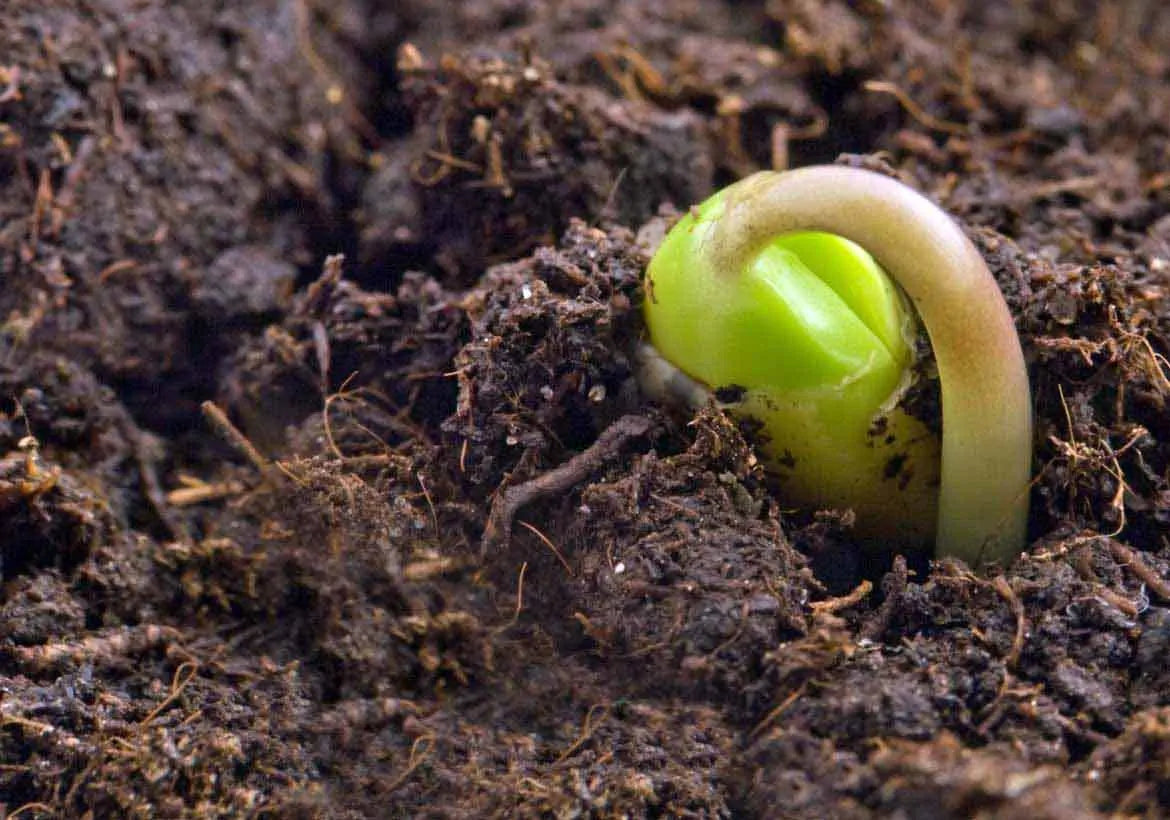The new frontier of organic agriculture will include probiotic farming practices. Probiotics are a catchall phrase that comprises beneficial bacteria, mycorrhizae, Trichoderma, nematode, etc. Most probiotics are intended to symbiotically help plants in the growth and flowering phases. They help sustain the microbes and in return, some microbes provide needed nutrients and water to the plant.
A major concept in the probiotic farming practice includes preparing the environment to host the probiotics and enhance organic fertilizer. Many traditional agricultural practices use chemicals to fertilize crops that can deplete the soil and kill or impede microbes. A probiotic farmer must tend to the soil to help ensure the viability of the soil food web.
The probiotic farmer uses a variety of methods to cultivate healthy soil. The three most common methods include:
- Composting
- Cover Cropping
- Amending Soil
Composting
Composting is the process of taking dead organic matter and transforming it into a carbon and humus rich medium for enhancing the soil profile. There are many ways to compost and it is normally best to use a method that is specifically suited to location and environment. Additionally, a grower can add a compost tea, [Bu’s Brew Biodynamic Compost Tea Bags from Monster Gardens] to further enhance the heritage soil process.
Cover Crops
Cover cropping is the practice of planting an interval crop in the soil profile during off season periods. This process is intended to help the soil keep the microbe population thriving while also preventing nutrient leaching during the fallow or rainy season. Typical American cover crops include wheat, barley, clover, and Sudan grass. There are many more cover crops being used and they tend to be specific to the different areas throughout the world.
Amending Soil
Amending the soil is an important part of the organic regimen and supports the microbe population for the soil food web. By tilling in fresh organic amendments into the soil, we are providing materials for the microbes to breakdown and offer to the crops. At the end of each growing season, the soil needs to be amended with the proper macro and micronutrients to maintain optimal levels for the following season. The most common soil [Nectar of the Gods Soil Blend #8 from Monster Gardens] amendments include bone meal, blood meal, oyster shell, worm castings, fish meal, guano, rock dust, and humic acid.
Probiotic farming builds on each level and each step. Composting builds up the soil, as does amending. Cover cropping helps retain the beneficial materials added that were added during composting and amending. Cover cropping also helps keep the microbe population alive and well after the soil has been tilled and amended. The soil microbes, in turn, assure that the nutrients of the soil are readily available by breaking them down enzymatically.
The probiotic process literally mimics nature and thus it shares a lot of commonalities with the wild plant and soil cycles. The soil of the wild environments must be biologically driven and organic by default. A good probiotic farmer strives to create a heritage soil that gets better over time not worse. The most important concept to them is the living soil.
Probiotic farming is the new frontier of agriculture because it is sustainable, reproducible almost anywhere and creates food with unparalleled levels of nutrition. Furthermore, probiotic farming techniques help sequester carbon in the soil and reduce soil erosion in farmlands.
Probiotic farming is a step towards making a positive change in the way we interact with our natural world around us. Mimicking and improving upon what Mother Nature does every day is the essence of the probiotic farmer.
Mark Ervin is the president of The GreenGro and can be contacted at ervin.greengro@gmail.com.


